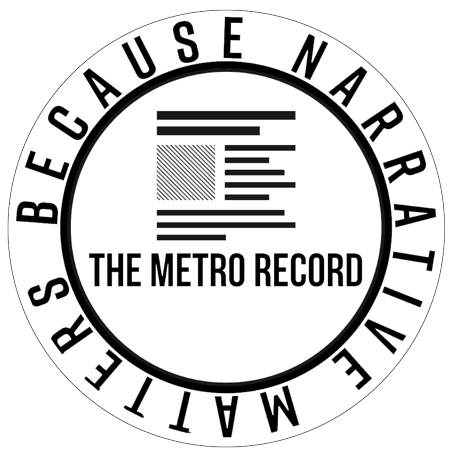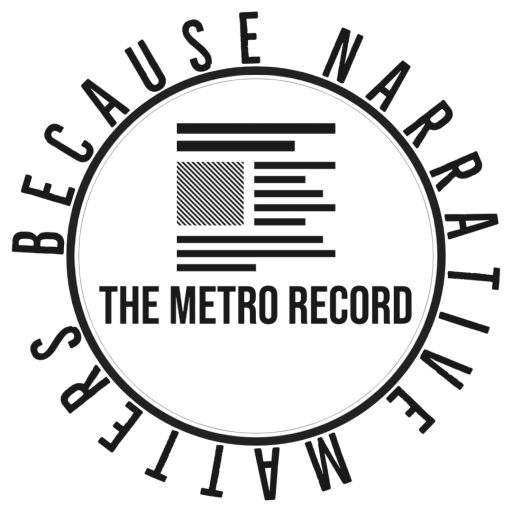Federal judge allows lawsuit over unauthorized use of “Hold On, I’m Coming” to move forward
ATLANTA — In a pivotal ruling with implications for artists’ rights and political campaign boundaries, U.S. District Judge Thomas Thrash Jr. has denied a motion to dismiss the copyright infringement lawsuit brought by the estate of soul music icon Isaac Hayes against Donald Trump and his 2024 presidential campaign.
At issue is the unauthorized use of the 1966 hit “Hold On, I’m Coming,” co-written by Hayes and David Porter, during Trump rallies and campaign events. According to court filings, the track was played more than 100 times without a valid license or permission from the rights holders.
A Legacy Under Siege
The Hayes estate argues that this wasn’t a one-off oversight—it was a repeated, willful use of a song whose message and cultural weight stand in direct contrast to Trump’s political positioning. “Hold On, I’m Coming” is more than a feel-good soul anthem; it is a cultural artifact, born out of the Black American experience and deeply embedded in the soundtrack of the Civil Rights era.
In August 2024, the estate issued a formal cease-and-desist and demanded:
- $3 million in damages
- The removal of campaign videos using the song
- A public acknowledgment of the misuse
When that demand was ignored, the estate escalated the matter to federal court. In September 2024, they secured a preliminary injunction, effectively barring further use of the song in the Trump campaign’s public appearances and digital content.
Trump’s Defense: BMI & ASCAP
The Trump campaign countered by arguing that the song’s use was covered under their blanket licenses through BMI and ASCAP, the major U.S. performing rights organizations. However, the court found the argument insufficient at this stage. Judge Thrash ruled that the Hayes estate had “sufficiently alleged ownership and infringement” to allow the case to proceed.
Notably, the judge did not rule on whether Trump personally directed the song’s use but acknowledged that the estate made a “plausible claim” tying Trump directly to the campaign’s decisions, which is critical to holding him individually liable.
Broader Implications: Political Use of Music
This case adds to a growing trend of artists—and now their estates—pushing back against political use of music without alignment or consent. Previous election cycles saw objections from the estates or teams behind Prince, Tom Petty, Rihanna, The Rolling Stones, and Beyoncé, among others.
But this may be one of the most aggressive legal responses yet, setting a new tone for how artist estates protect posthumous legacy—especially when the artist’s values stand in conflict with the message their music is being used to amplify.
What Comes Next?
The case will now move into discovery, where both sides can subpoena documents and testimony. If unresolved through settlement, the case could proceed to trial—a high-profile showdown that would draw national media attention and test the limits of music licensing in the digital age of political campaigning.
For now, Judge Thrash’s ruling sends a clear message:
Even the most powerful figures must play by the rules when it comes to creative ownership.
Photo Cred: Issac Hayes III





